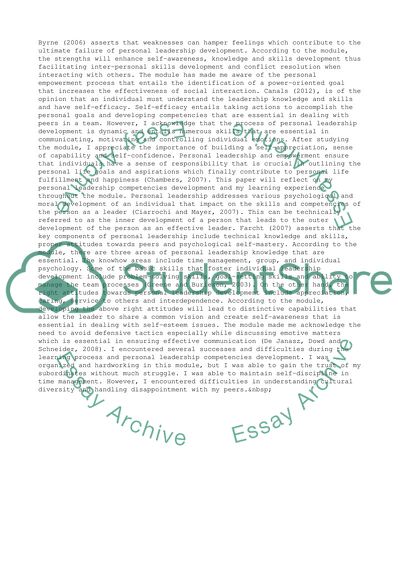Cite this document
(“Reflect and Professional Development Essay Example | Topics and Well Written Essays - 2500 words”, n.d.)
Retrieved from https://studentshare.org/business/1404361-reflect-professional-development
Retrieved from https://studentshare.org/business/1404361-reflect-professional-development
(Reflect and Professional Development Essay Example | Topics and Well Written Essays - 2500 Words)
https://studentshare.org/business/1404361-reflect-professional-development.
https://studentshare.org/business/1404361-reflect-professional-development.
“Reflect and Professional Development Essay Example | Topics and Well Written Essays - 2500 Words”, n.d. https://studentshare.org/business/1404361-reflect-professional-development.


